Students: are you sure that's fresher's flu and not meningitis?
What with lectures, parties and meeting new people, your uni years can leave you feeling a little run down. But are those sniffles fresher's flu? Or something else?
Read the storyTake a few minutes to learn first aid - it could help you save a child's life

First aid for burns: keep safe when using fireworks
Simple first aid skills for keeping safe around fireworks

"First aid training is an obvious thing to do - but we don’t make time to do it"
Two-year-old William's mother Claire on the first aid skills that came to his rescue
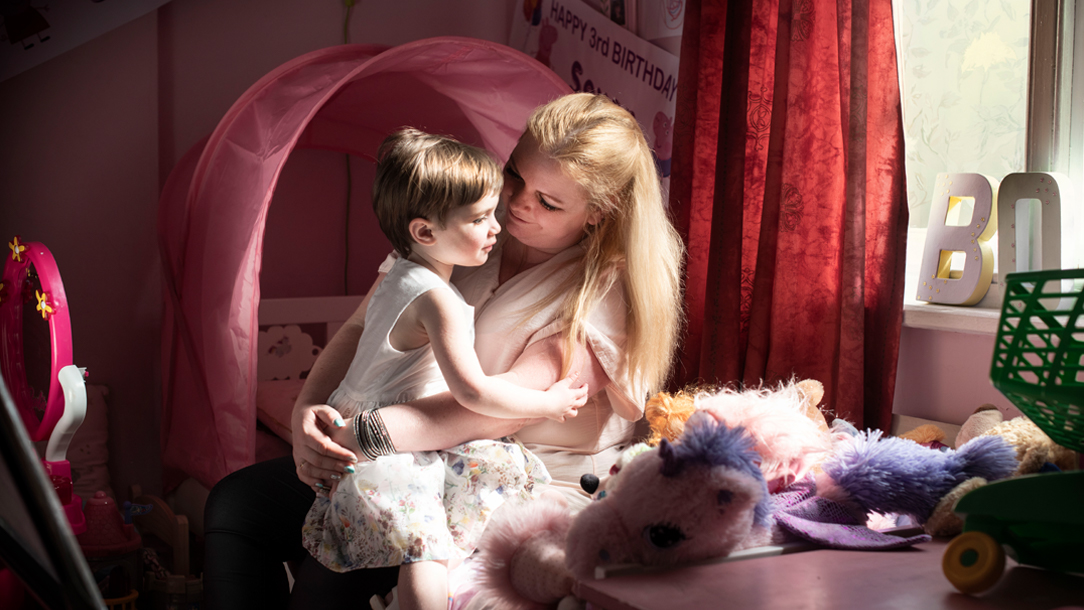
"The day I saved my choking 2-year-old"
Mum Gemma knew exactly what to do in a terrifying situation
Past, present and future: how we support health and social care
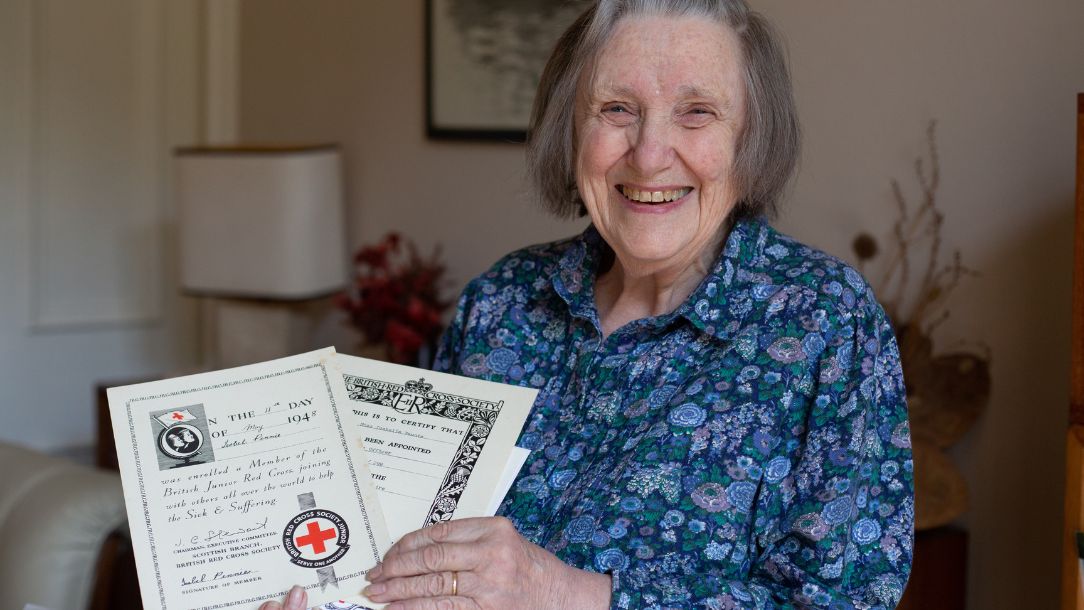
Volunteer celebrates 75 years of service with the British Red Cross
Inspirational volunteer, Isabel Thom, celebrates 75 years of work with the British Red Cross - in the same year as the NHS marks 75 years in operation.
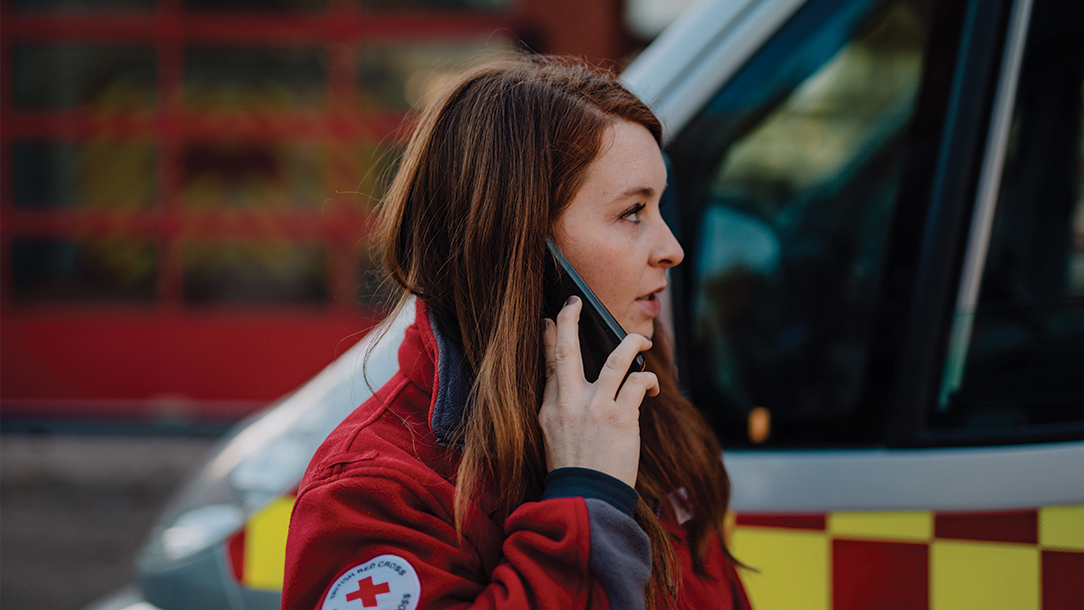
Eight things you didn’t know
... the British Red Cross does in health and social care
Staying safe in a heatwave
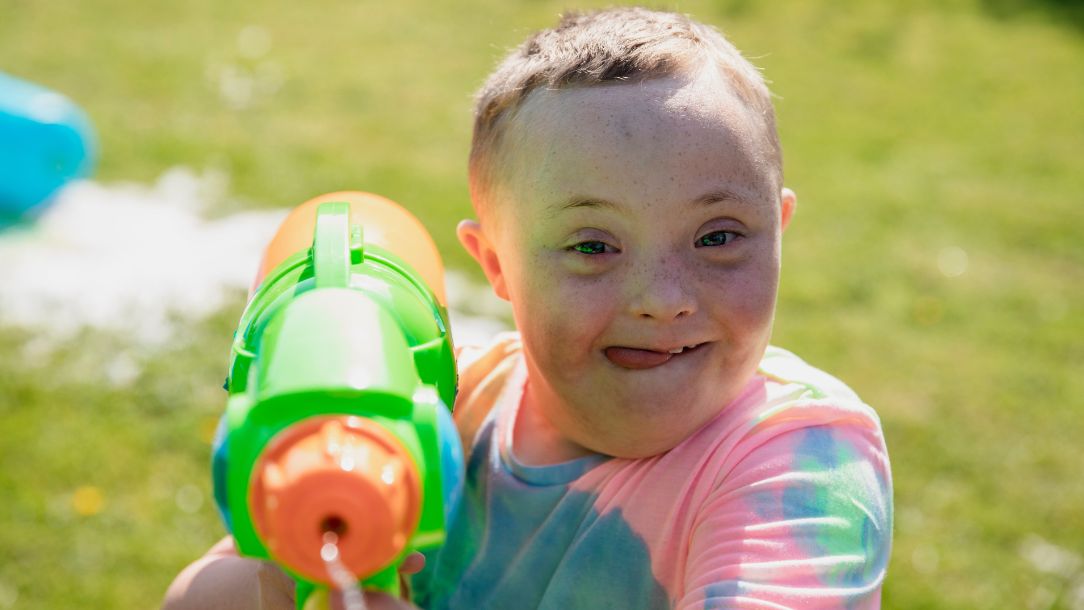
Beat the hot weather: top tips for staying cool
How to cope with heat: Learn how to keep cool in a heatwave with our top tips for cooling yourself down in hot weather.
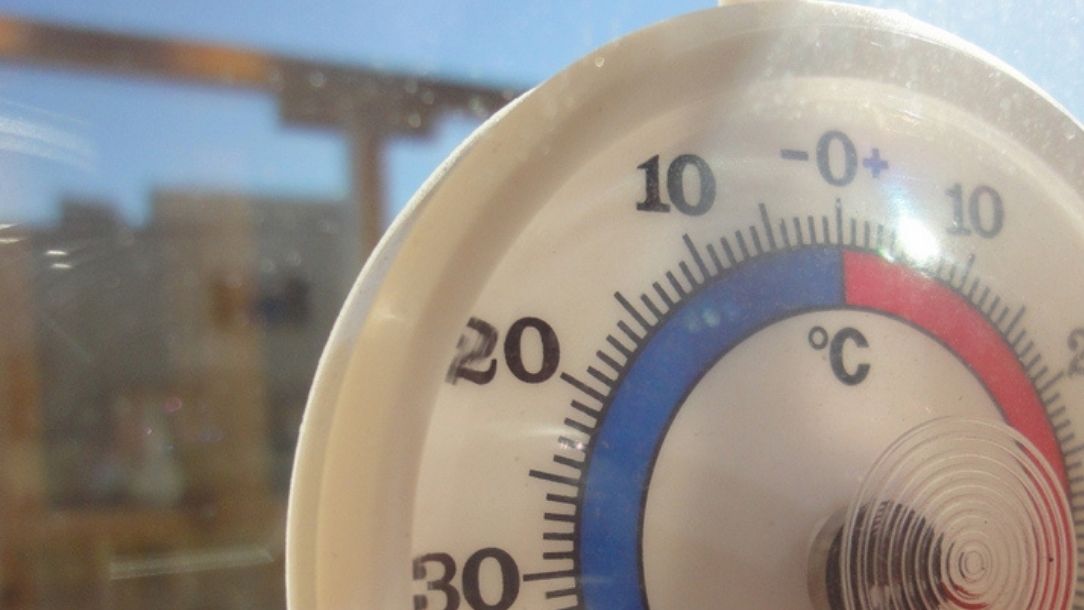
First aid for heatwaves
Hotter summers mean heatwaves and an increased risk of heatstroke. Here's what to look out for.

Staying safe around water
While most open water swims are safe and fun, here are five things to know about drowning, so you can help someone if they get into difficulty.
Keeping fit and fundraising
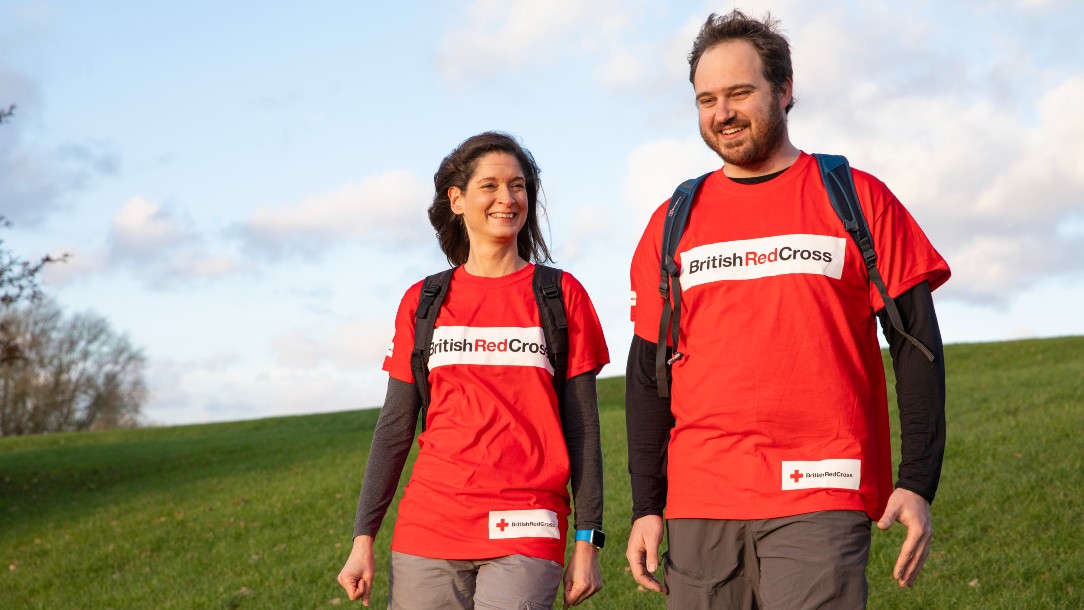
Why sign up for a charity walk? Five benefits you may not have thought of
Looking for a new challenge while raising money for a good cause? Try a charity walk. Walking is great for your mental and physical health, and a sponsored charity walk lets you support something you care about. All while making friends along the way.
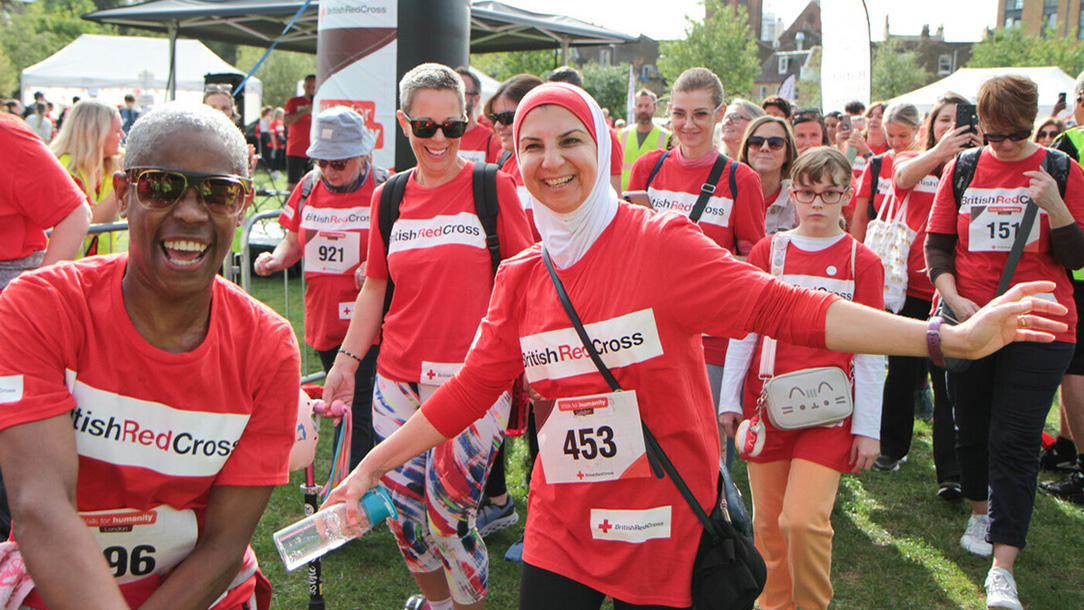
Walk for Humanity: inspiring hope and unity with every step
In 2023, we launched Walk for Humanity, a 10k charity walk designed to bring people together and inspire hope. Find out what it means and how it’s growing in 2024.



